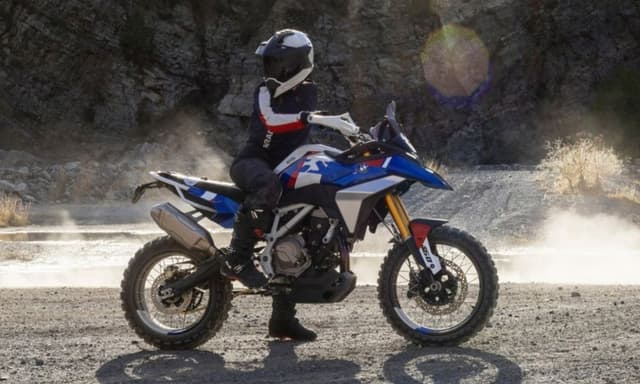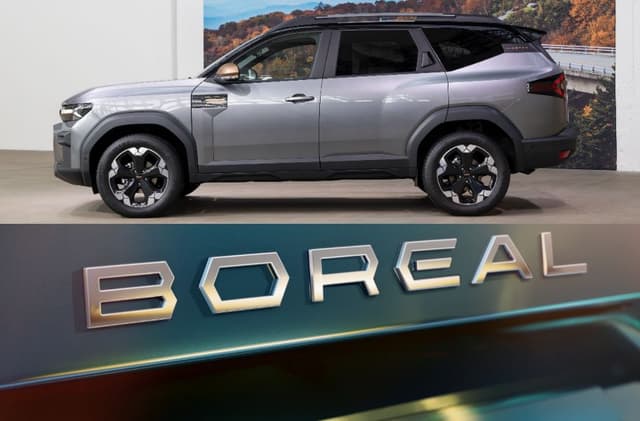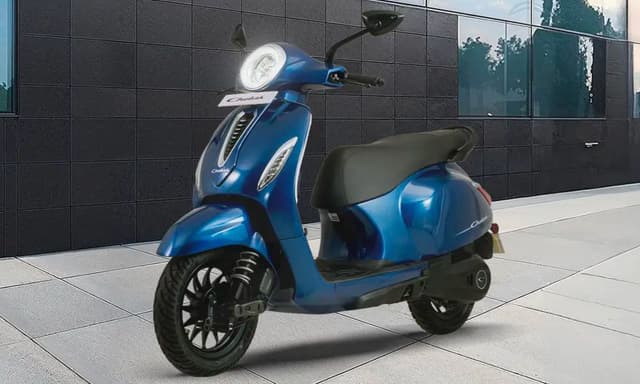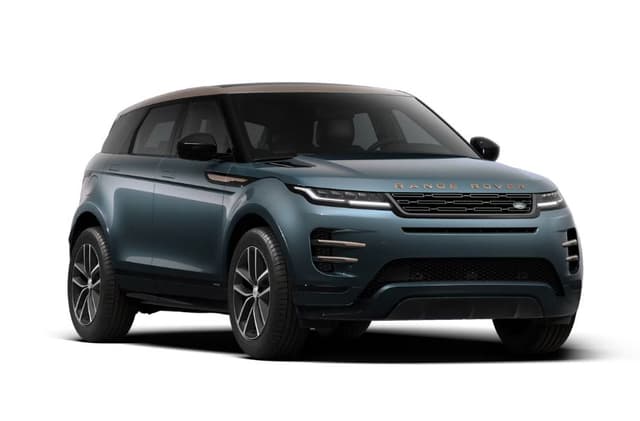Winter Tires vs All-Season Tires

Highlights
- All-season tyres work moderately well on all the terrains
- Winter tyres are specifically for driving on snow and ice
- You cannot substitute the benefits offered by winter tyres
All-season tyres offer a combination of benefits. You can use these tyres in all types of climate, such as the summer, winter, or autumn. Most vehicles are fitted with all-season tyres when they leave the factory. These tyres are designed to provide excellent all-year-round performance and a smooth ride. Therefore, their versatility extends to light winter driving and even wet roads.

Photo Credit: pexels.com
Winter Tyre vs All-Season Tyre:
Tread Rubber
The tread rubber on an all-season tyre is stiff and doesn't provide sufficient traction in extreme cold. Winter tyre combats this as the material used for the winter tyres are designed to remain flexible, allowing the tyre to have a better grip on the road.
Tread Patterns and Depth
Winter tyres have deeper tread depths, marked with unique tread patterns suitable for snow or ice. Deep tread depths reduce the buildup of snow and provide better traction.

Photo Credit: pexels.com
The Biting Edges
The winter tyres are provided with high sipe density and more biting edges. They contain thousands of tiny tread slits, which help in better traction. The all-season tyres lack this feature.
Stopping and Control are Important
All-season tyres are designed to keep you on the road safely. These even do good in mild winter, but in extreme cold when there is snow or ice, the all-season tyre will not provide you with the required grip. On the other hand, winter tires will give you the control you need on snow and ice. Winter tyres are the only option when you have to drive in terrain with snow or ice, and the all-season tyres are not a good choice for these terrains.
Which Tyre is Suitable as per the Condition?
It depends where you live and where you drive to ascertain which tyres are better for you. If you live where there is snow each year and ice is a regular occurrence, then winter tyres are ideal for you, and all-season tyres are not the way to go.
Whereas, in a place where it snows rarely, or there is rarely any ice, all-season tyres will be a better option for you. Remember to change the complete set of tyres on all wheels, not just the front or rear. Having two different types of tyres will be unsafe and dangerous to ride.

Photo Credit: pexels.com
Having snow tyres on only the rear axle would cause the front tyres to lose traction and make it impossible to steer. You should Keep in mind that while winter tyres perform better on snow and ice, they wear down quickly on warm and dry pavements.
Just like you will wear running shoes while running and spikes when you play cricket, your car should be given the same treatment and equipped with the correct tyres for the prevalent conditions.
Related Articles
Latest News
- Home
- News
- Two Wheelers
- Winter Tires vs All-Season Tires














